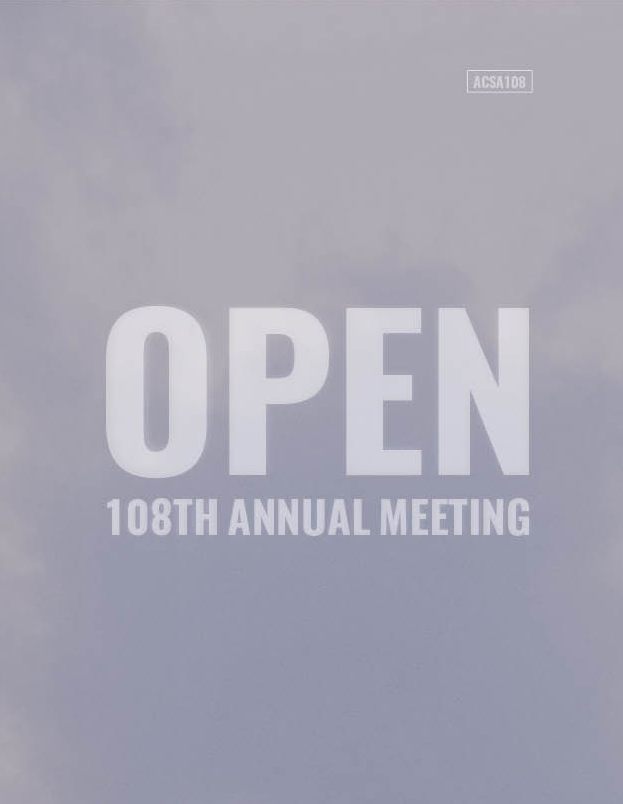Author(s): Adam Marcus & Matt Hutchinson
This paper discusses a series of academic design studios that explore ways to imbue pedagogies of digital fabrication with a critical sensibility rooted in architectural precedent. The work looks to the Case Study House Program spearheaded by John Entenza of Arts & Architecture magazine in Los Angeles (1945- 1966) as a model for how architects can re-conceptualize and re-materialize domestic space through an understanding of the limits and possibilities of new manufacturing techniques. Just as the architects of the Case Study House Program crafted new prototypes for domestic living inspired by the postwar (modernist) logics of mass production, this work speculates how contemporary (postmodernist) logics of mass customization can inform new models of domestic space appropriate for today. The research explores the architectural detail as a locus for reconsidering contemporary domesticity in the context of new technologies of design, fabrication, and assembly. Adapting ideas from research into architectural components from seminal case studies, the work tests ways to employ technologies of mass-customization to reconsider the component’s definition, its construction, and its assembly into larger configurations of structure and space. The ambition is to develop new understandings of part/whole relationships that reflect contemporary modes of living at all scales, from the component to the broader architectural organization. By melding computational workflows and advanced fabrica¬tion processes with the pragmatics of building and assembly, this work advocates a subtle but nonetheless radical shift in how we design and make architecture. And by grounding the work both conceptually and tectonically in precedent and in architecture’s social capacities, the studio pedagogy fosters a critical ethos that sometimes is lacking in academic approaches to design computation and digital fabrication.
https://doi.org/10.35483/ACSA.AM.108.48
Volume Editors
ISBN
978-1-944214-26-5

 Study Architecture
Study Architecture  ProPEL
ProPEL 
